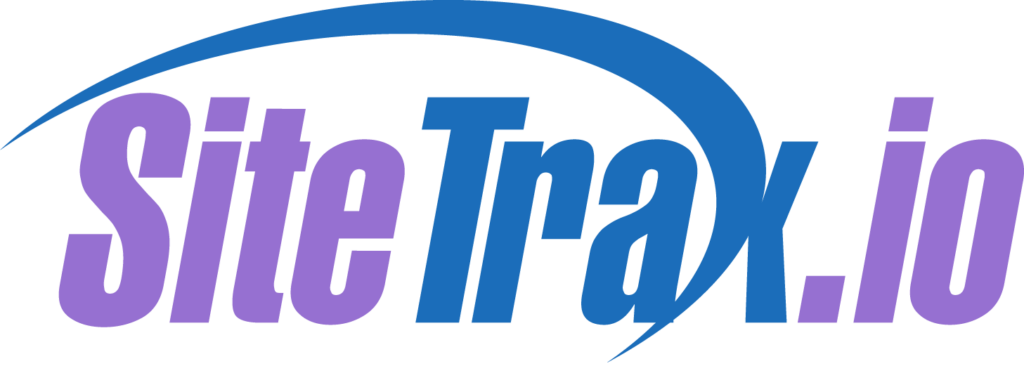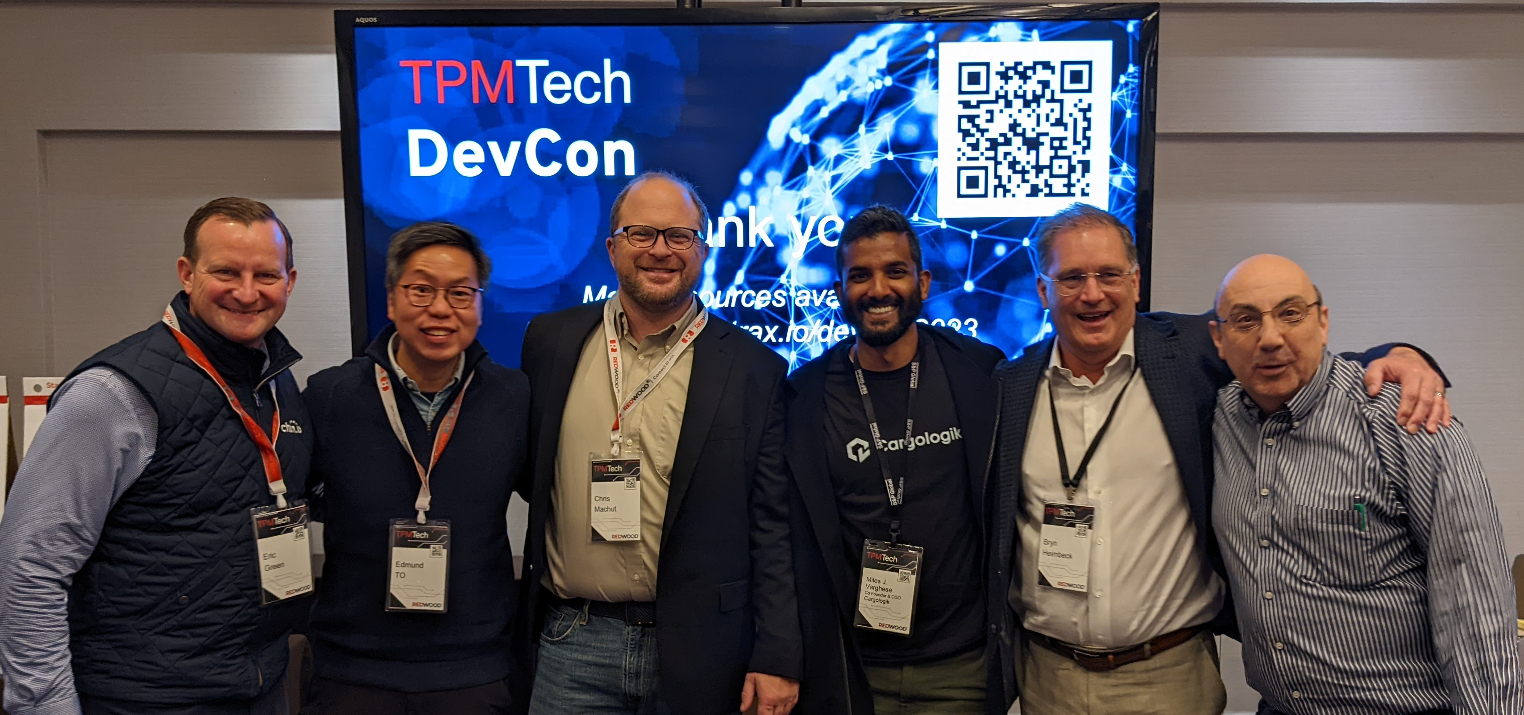Inspiration and insights: This premier industry event brought together top technology executives. SiteTrax™ powered by Netarus highlights the most significant points from this important gathering.
Christopher Machut, the founder and CEO of Netarus, LLC, took the stage to chair the first annual TPMTech DevCon, which was held at the Hilton Long Beach in California on February 23–24, 2023. TPMTech is a technology-focused supply chain conference that brings industry leaders and experts together to share ideas and perspectives on the most recent technological trends and innovations. DevCon, a new event for TPMTech, was introduced this year as a series of interactive sessions where the gathered leaders and experts can share their insights, network, and synthesize ideas to solve some of the supply chain’s most critical technology challenges.
Machut facilitated this engaging and dynamic program with multiple breakout sessions hosted by topic leads in which developers, founders, CIOs, and CTOs discussed some of the most pressing issues they face. These topics led by industry leaders covered critical issues such as Data Standardization led by Bryn Heimbeck, CEO of Trade Tech; Growth Models led by Miles Varghese, Chief Growth Officer at CargoLogik; Document & Data Ownership led by Edmund To, CTO at GSBN; Scaling from Startup to Growth Stage led by Eric Green, COO at Chain.io; and System Security led by John Talieri, CTO at NMFTA. The program concluded with an afternoon follow-up session in which the leads reviewed their findings from each of the five topics explored in the breakout sessions and the attendees left with actionable discoveries. Here are the key TPMTech DevCon 2023 takeaways:
Take Away 1: Data Standardization
When it comes to data standardization, there was a strong discussion about building on what already exists. A good example of how to use this is the WCO Data Protocol covers 148 countries and 98% of all global trade, and customs agencies use it as part of their regulatory process. All carriers, NVOCCs, Customs brokers, terminals, and bonded facilities are covered by the regulatory standard as well as the network. While this is a solid foundation, there is still room for improvement.
To move forward, several steps must be taken, including the creation of standard exchange maps and a centrally accessible repository for the next standard data. This would be made up of known entities (importers and exporters), elevating the remaining core reference data above and beyond the customs data set, and tying in various system contributors.
Take Away 2: Growth Models
The significant findings on growth models shared a common thread – view all aspects through the lens of the customer experience.
The importance of having the right people in the right seats, staying customer-centric, and maintaining control was emphasized. Furthermore, there was agreement that understanding that growth comes in a variety of forms and is dependent on an assortment of factors, as well as that a great deal of luck and timing is involved. Additionally, viewing product distribution through the customer experience lens is critical.
Take Away 3: Document and Data Ownership
This session shed light on the ambiguous definition of data ownership. Similarly, there was general agreement that there are often ‘multiple sources of truth’ when acquiring data, making it unclear about the authenticity and whether there is an incentive for quality data-sharing adoption.
The stimulating discussion resulted in recommendations to ensure that data-driven by non-for-profit models have great potential to have a broader reach. What’s more, there was agreement that there is an advantage in data being paid for use only, and a future industry framework on data ownership could be a good step forward.
Take Away 4: Scaling from Startup to Growth Stage
The multi-faceted challenges of growing a business are always a popular topic. Everything from product discussion points like minimizing “tech debt” to product marketing to understanding that saying “yes” to every request may not be the best answer was covered in depth.
People and processes were also important topics when it came to scaling, with the main points being that when scaling in new markets, getting an expert is beneficial, and aligning the team on a path to profitability and capital efficiency is advantageous in the current capital markets. Brands should also focus on internal and external change management, as well as developing internal processes and incentives to motivate internal teams to provide the best possible service to clients when it comes to processes.
Take Away 5: System Security
Attendees were particularly concerned about system security. As technology advances, so does the industry’s need for new and innovative ways to ensure systems are safe. Attendees at TPM Tech DevCon took home several industry best practices that will benefit them as they face future threats.
Building system security into the design, including password management, access control, error handling, logging (tied into SOC), system configuration, secure patch updates and management, penetration testing, and integrating overall security architecture and best practices were all recommended system security standards.
Overall, the TPM Tech DevCon participants synthesized a wealth of valuable information, ideas, and actionable items that will help propel the entire industry forward. The engaging discussions provided takeaways with long-term positive implications. Many of the attendees stated they look forward to keeping the conversation going over the course of the year and seeing what is in store for TPM Tech DevCon 2024.
See the full TPMTech DevCon 2023 summary including the final presentations here.

